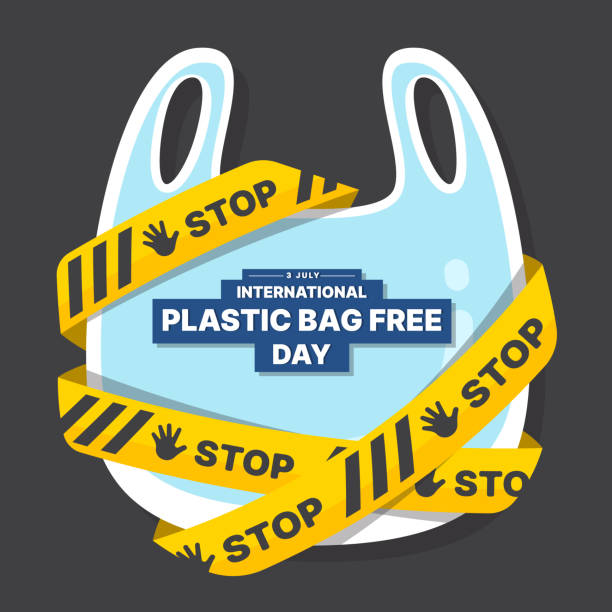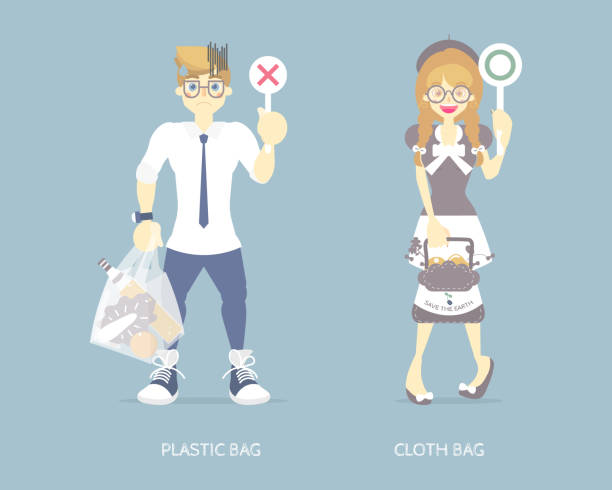Importance of International Plastic Bag Free Day
Plastic bags are widely used in grocery stores and other retail establishments, yet they pose a serious threat to our planet, our mother. They hurt species, pollute the oceans and landscapes, take hundreds of years to disintegrate, and disrupt our ecosystems over the long term. The use of plastic bags is being actively discouraged, while eco-friendly alternatives are being promoted. The purpose of International Plastic Bag Free Day is to increase public awareness of the damaging effects that single-use plastic bags have on the environment. The day acts as a reminder for people, groups, and organizations all over the world to use fewer plastic bags and look for more sustainable alternatives.

History
Every year on July 3, there is an event called International Plastic Bag Free Day. Plastic Bag Free Day was inspired by the Bag Free World campaign, a global effort to minimize the usage of single-use plastic bags that was the catalyst for the idea. On July 3, 2008, Zero Waste Europe began a campaign against single-use plastic bags. The European Union also adopted a number of guidelines in 2015 to cut back on the use of single-use plastic bags.
Over time, the movement gained traction, and plastic bag bans were implemented in other nations. Today, many nations around the world mark this day as a global occasion.

Significance
The purpose of the International Plastic Bag Free Day is to raise public awareness about the need to stop using plastic bags and to promote sustainable alternatives. The Day also promotes changing one's habit to avoid using plastic bags in order to create a cleaner and healthier environment. The day also acts as a reminder of the detrimental consequences that plastic bags have on the natural world, wildlife, and people's health.

Theme 2023
International Plastic Bag Free Day will not have a set theme in 2023. However, the day attempts to promote sustainable alternatives and a world free of plastic.

Influence on The Environment
The effects of plastic bags on our environment are extensive. They decay slowly over many centuries. They threaten wild marine species, contribute to the devastation of our ecosystem, and are a significant source of pollution. The use of plastic bags, which are made of fossil fuels, contributes significantly to greenhouse gas emissions.

Substitutes for Plastic Bags
There are many options on the market right now, including paper bags, reusable cotton bags, mesh bags, etc. Reusable bags made of canvas, cotton, or other materials are one of the most popular choices. Strong, long-lasting, and reusable, these bags are. Paper bags, which are recyclable and biodegradable, are an additional option. Mesh bags are lightweight, reusable, and particularly helpful for transporting fruits and vegetables.

















